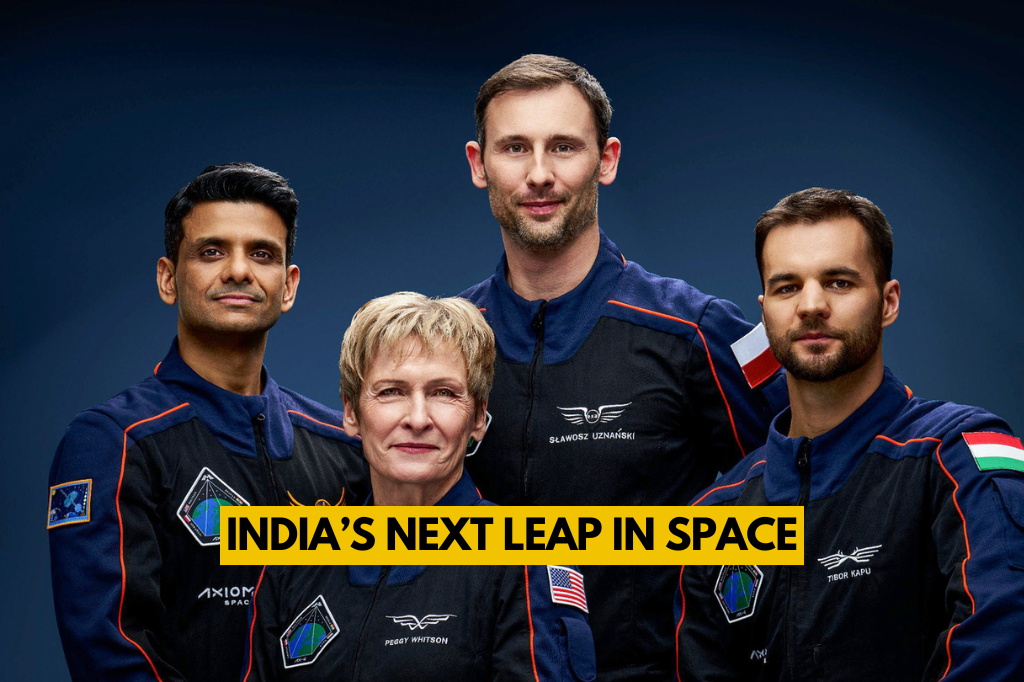The launch of the Axiom-4 (Ax-4) mission to the International Space Station (ISS) has been postponed once again, SpaceX confirmed in a post on X. The delay comes after a liquid oxygen (LOX) leak was detected during post-static fire inspections of the Falcon 9 booster.
“Standing down from tomorrow’s Falcon 9 launch of Ax-4 to allow additional time for SpaceX teams to repair the LOx leak,” the company stated. A new launch date will be announced once repairs are complete and subject to range availability.
Confirming the launch delay, ISRO wrote on X, “As part of launch vehicle preparation to validate the performance of the booster stage of the Falcon 9 launch vehicle, seven second of hot test was carried out on the launch pad. It is understood that LOX leakage was detected in the propulsion bay during the test.”
“Based on the discussion on this topic by the ISRO team with the experts of Axiom and SpaceX it has been decided to correct the leak and carry out necessary validation test before clearing for the launch. Hence the launch of Axiom 04 slated for 11th June 2025 for sending first Indian Gaganyatri to ISS is postponed,” it added.
The official X handle of the International Space Station wrote, “@NASA, @Axiom_Space and SpaceX are standing down from the launch opportunity on Wednesday, June 11, of Axiom Mission 4 to the International Space Station.”
The Ax-4 mission is a joint collaboration between Axiom Space, NASA, SpaceX, and ISRO, and marks a historic return for India to human spaceflight. Group Captain Shubhanshu Shukla, representing India, is part of the mission crew – making it the country’s first human spaceflight effort since Rakesh Sharma’s 1984 voyage aboard a Soviet Soyuz spacecraft.
This marks the fourth delay for the Ax-4 mission. A previous postponement just days ago was attributed to adverse weather conditions, including a 45 percent chance of rain and strong winds at the launch site.
Once launched, the Ax-4 crew will spend up to 14 days aboard the ISS conducting scientific research in microgravity, life sciences, and materials science. The experiments will be carried out in collaboration with researchers from over 30 countries.







